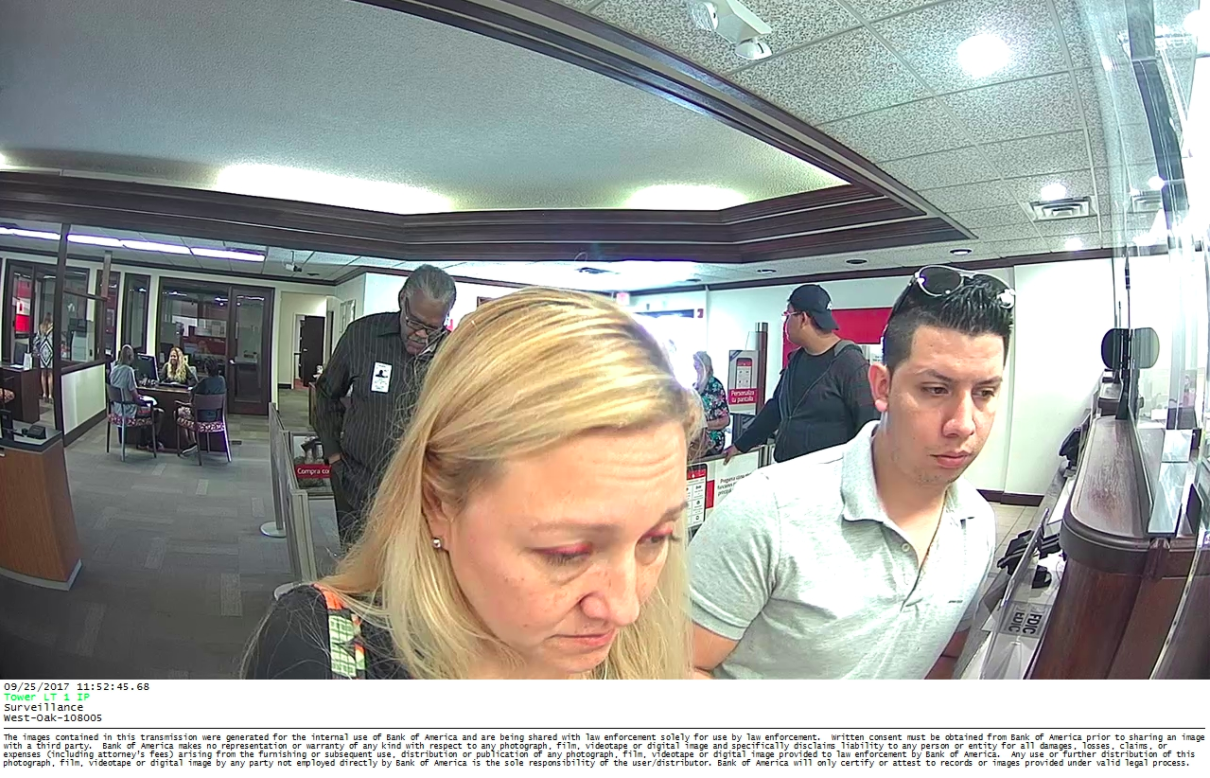Safeguard Against Identity Theft
The prevalence of personal digital technology has ushered in an era of unprecedented convenience for everyone who has a smartphone in their pocket,...
Manage your everyday finances with convenient accounts, flexible cards, and personalized service designed to fit your life.
At First Federal Bank, we offer flexible mortgage solutions for almost any situation, helping you secure the right financing for your dream home.
Business banking offers secure financial management, streamlined transactions, credit options, and tools to help businesses grow efficiently and sustainably.
2 min read
Mike Brooks : Mar 7, 2018 10:33:01 AM


All over social media, users are asking their friends about an email they received from iTunes claiming they made a purchase they don’t know about. Individuals feel confusion at first, since the email looks like it came from Apple and asks for their personal and financial information. One user reports the email claimed he spent $103 on a game, and he hadn’t purchased anything from iTunes in years. The emails are phishing and responding to them can place your important data in the hands of cyber criminals.
What Is Phishing?
Phishing (pronounced the same as “fishing”) is a cybercrime where criminals call, email or text individuals pretending to be someone they’re not. The goal is to lure you into giving away personal information or exposing your computer to malware.
Attackers use logos and copy font and colors from the organization they claim to be, so the communication appears legitimate. They often have these features in common:
1. They seem too good to be true. If you didn’t enter a drawing to win a car or a new iPad, you probably aren’t the lucky winner. If the subject line announces some suspiciously phenomenal opportunity, hit delete.
2. They urge you to act quickly. Your bank, cell phone provider and credit card company aren’t going to suspend your account if you don’t respond in minutes. Cyber criminals often trick people into ignoring their better judgment because they don’t allow themselves time to think.
3. They start with a greeting like, “Dear client.” Legitimate companies will generally include your name in the message.
4. They prompt you to open suspicious attachments. Attachments might infect your computer with viruses or malware.
5. You don’t recognize the sender, or the email address or phone number doesn’t match the name of the company it claims to be from. If it looks like a red flag, it’s better not to click.
6. The include suspicious hyperlinks that appear to be legitimate, but when clicked, take you to a URL that doesn’t match the address of the real company’s website.

Advice from Apple Support
Apple Support provides tips that can help you protect your Apple ID and other important information. If you see a message claiming your device has a virus or you have made a purchase you didn’t really make, here’s what they advise:
1.Don ’t share your Apple ID password with anyone. Apple will ask you for other identification if you call for support, so if a caller asks, it’s an indication they’re not legitimate.
2. Activate two-factor authentication for transactions.
3. Reset your password if you suspect malicious activity.
4. Apple never uses pop-ups that appear while you’re browsing. If you see one that advises you to call for support, close the window.
What iTunes Will Never Ask
Apple iTunes support will never email and ask you for sensitive information, nor will they send you to a non-Apple website to enter information. They will also never request your mother’s maiden name, your entire credit card number, the code on the back of your credit card or your social security number.
At CBC National Bank, our top priority is protecting your money and your privacy. We provide the best available encryption, firewalls and security protocols for all your personal and business banking needs.
The prevalence of personal digital technology has ushered in an era of unprecedented convenience for everyone who has a smartphone in their pocket,...

Phone Phishing Scam Targets Seniors

Financial abuse against older Americans can take many forms, from illegal debits, to third-party scams and even unauthorized withdrawals by an...
Manage your accounts, make payments, and more.
Open an account with us.